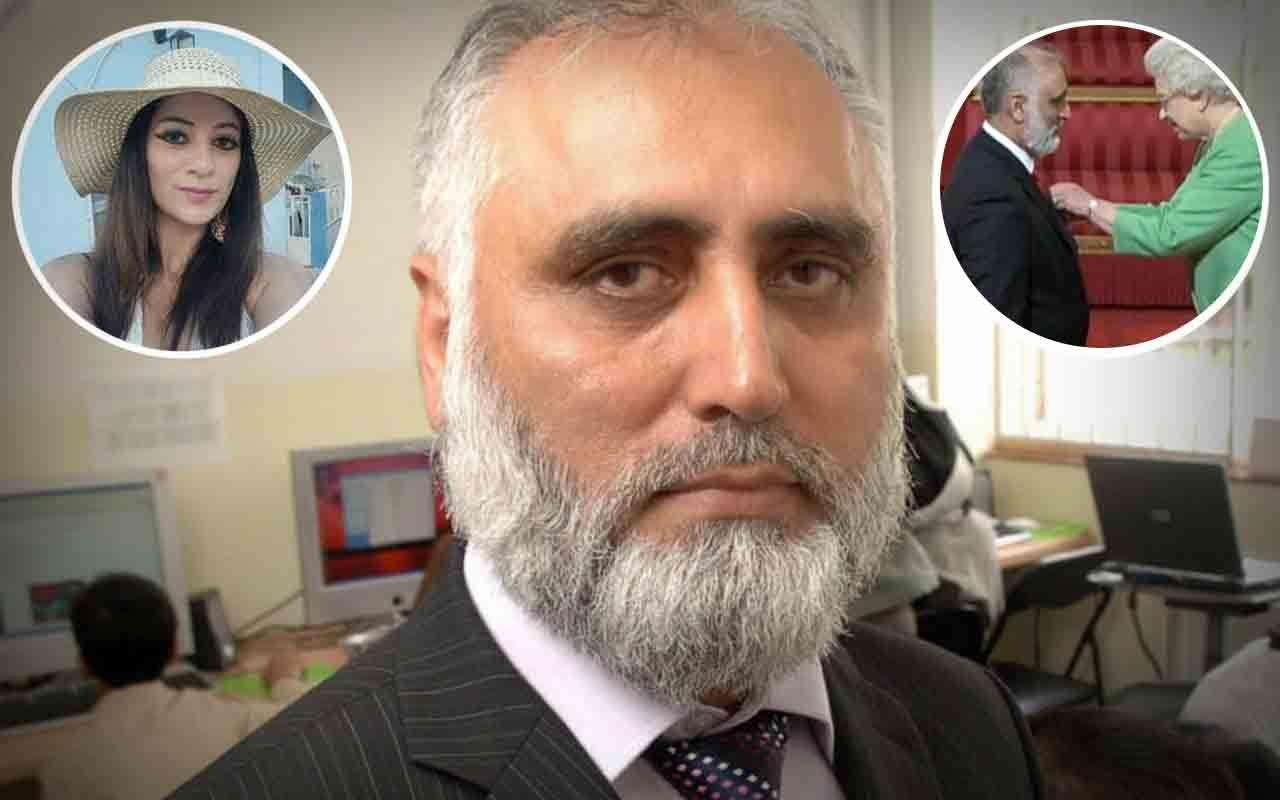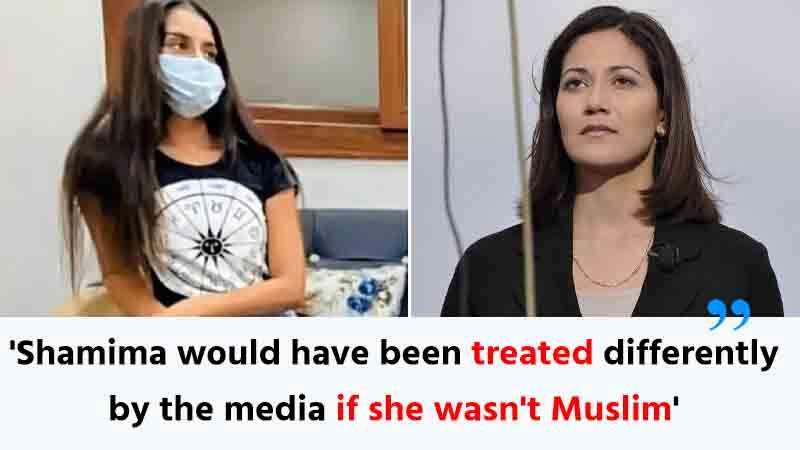Award-winning journalist Mishal Husain has delivered a profound and timely indictment of the media's handling of the Shamima Begum story, forcefully arguing that her identity as a British Bangladeshi Muslim was a significant factor in the sensationalized and often exploitative coverage she received.
In her powerful 2025 Romanes Lecture at the University of Oxford, entitled "Empire, Identity and the Search for Reason," Husain expressed deep concerns about a systemic failure in the press to uphold a basic duty of care, specifically highlighting the rush to interview the extremely vulnerable teenager while she was in a Syrian refugee camp.
The Question of Religious and Ethnic Bias
Husain placed the core issue squarely on the table: "Would [Begum] have been perceived exactly the same way if she had had a different name - had not been Muslim?"
Begum, born and raised in Tower Hamlets, East London, is from a British Bangladeshi Sylheti family; her father now resides in Bangladesh. This background, Husain argued, amplified an implicit bias that permeated the reporting, prioritizing the "IS bride" narrative over the complexities of a child victim of radicalisation.
Husain referenced comments made by former press regulator IPSO chair Sir Alan Moses, who suspected that Muslims were sometimes written about in a way that would be unimaginable for Catholics or Jews. Husain’s analysis firmly supports the view that Begum's religious and ethnic background intensified the negative public portrayal and contributed to the widespread demand for her citizenship to be revoked.
Exploitation and the Erosion of Duty of Care
Husain was particularly critical of the "scramble" by broadcasters, including the BBC and Sky, to secure an interview after Begum was located in the al-Hawl Syrian refugee camp in 2019. The rush to air her controversial claims led to "widespread revulsion," effectively damning a vulnerable, newly post-partum teenager in the public eye.
Husain highlighted a shocking failure of journalistic responsibility:
- One broadcaster reportedly tracked down the "IS bride" just hours after she had given birth.
- Another recorded an interview when her son was only three days old.
The journalist stressed that she saw something the editorial decision-makers appeared to ignore: "I saw a teenage mother, only just post-partum." She powerfully juxtaposed this with her own experience of giving birth, stating she would have struggled to give an interview even in a hospital with family support. The media's aggressive pursuit disregarded Begum’s extreme vulnerability—a mother who had already lost two children and was now in a precarious camp.
Ignoring the Context of Child Vulnerability
Husain further argued that the media routinely failed to explain the context of Begum's radicalisation. She pointed out the glaring omission that Begum was "under 16, legally a child, when she made the worst decision of her life."
By failing to focus on the child trafficking and grooming aspects, news outlets denied Begum the context of being a victim, instead painting her primarily as a fully responsible combatant or terrorist accomplice.
Latest Updates on Shamima Begum’s Legal Battle
Shamima Begum, now in her mid-twenties, remains stripped of her British citizenship and is living in al-Roj detention camp in Syria. Her protracted legal battle in the UK has reached a definitive conclusion within the domestic system.
Her last attempt to overturn the revocation of her citizenship by the Home Secretary was denied permission to appeal by the UK Supreme Court. Her lawyers have confirmed their intention to take the case to the European Court of Human Rights (ECHR), representing her final recourse to challenge the decision that has effectively rendered her de facto stateless.
The legal and moral complexities of her case—including the acknowledgment by the Special Immigration Appeals Commission (SIAC) of a "credible suspicion" that she was trafficked for sexual exploitation, and the government's power to create two tiers of citizenship—continue to be debated internationally.
Who is Mishal Husain?
Mishal Husain is an acclaimed British journalist, broadcaster, and author. Born in Northampton, England, to Pakistani parents, the Cambridge-educated lawyer is best known for her prominent roles in BBC News, including as a presenter on the flagship Today programme on Radio 4 and on BBC One news bulletins. Her Romanes Lecture, which explored narratives of identity and conflict, draws on her three decades of experience in the media and her own British-Pakistani heritage.








.svg)


_4.jpg)